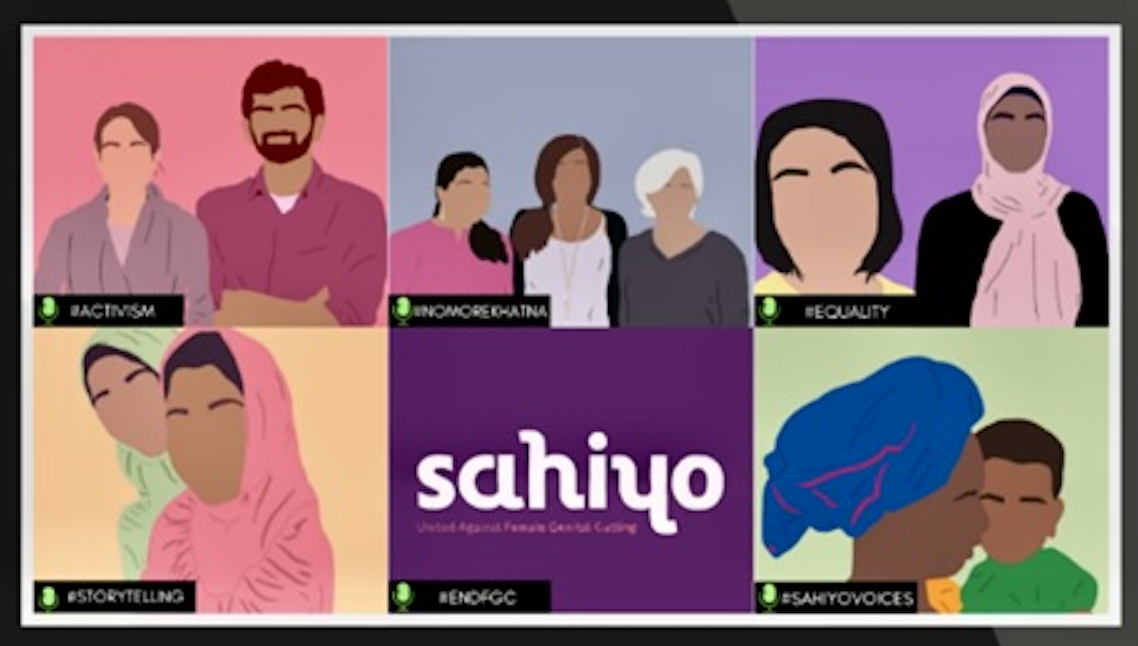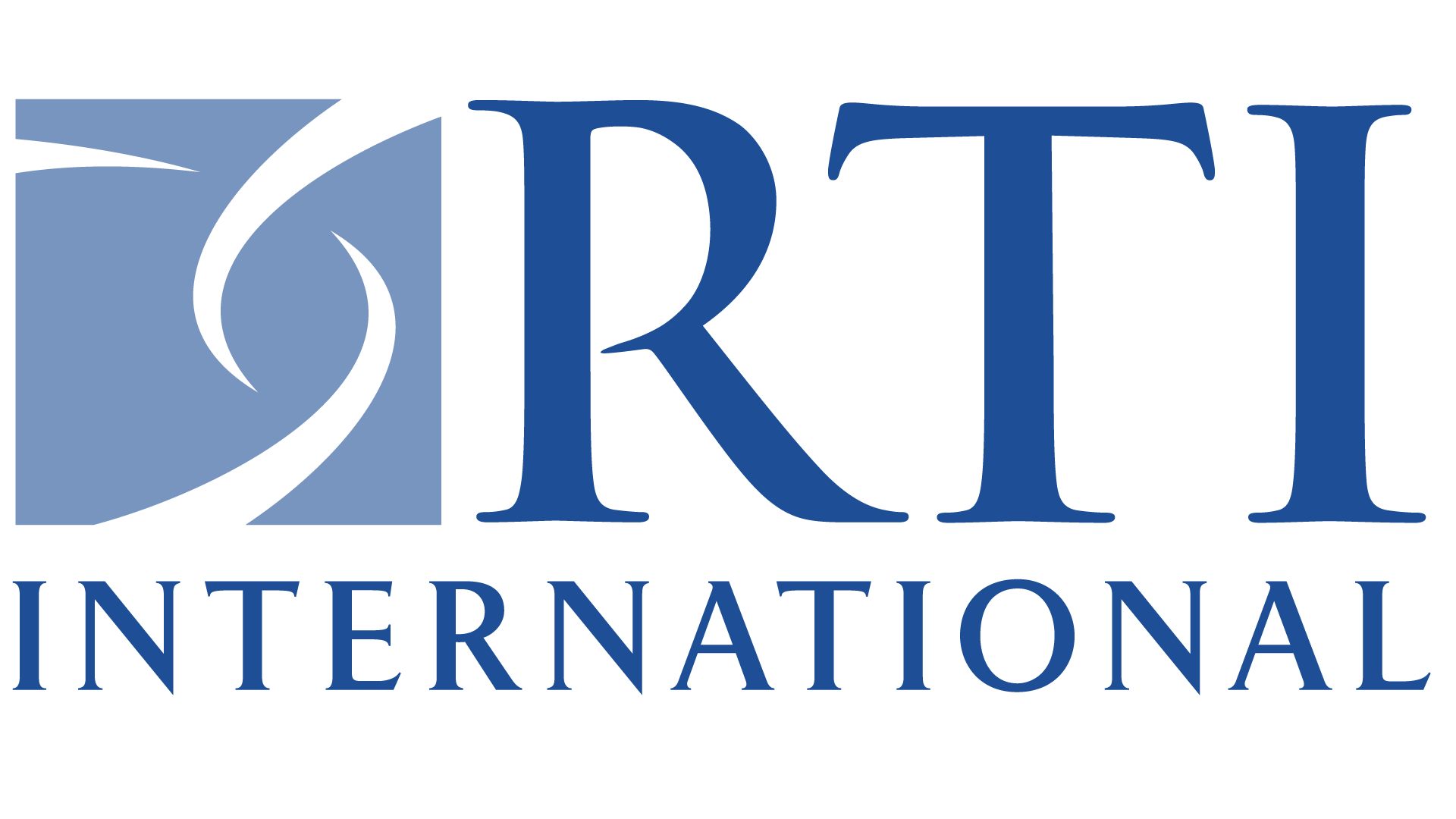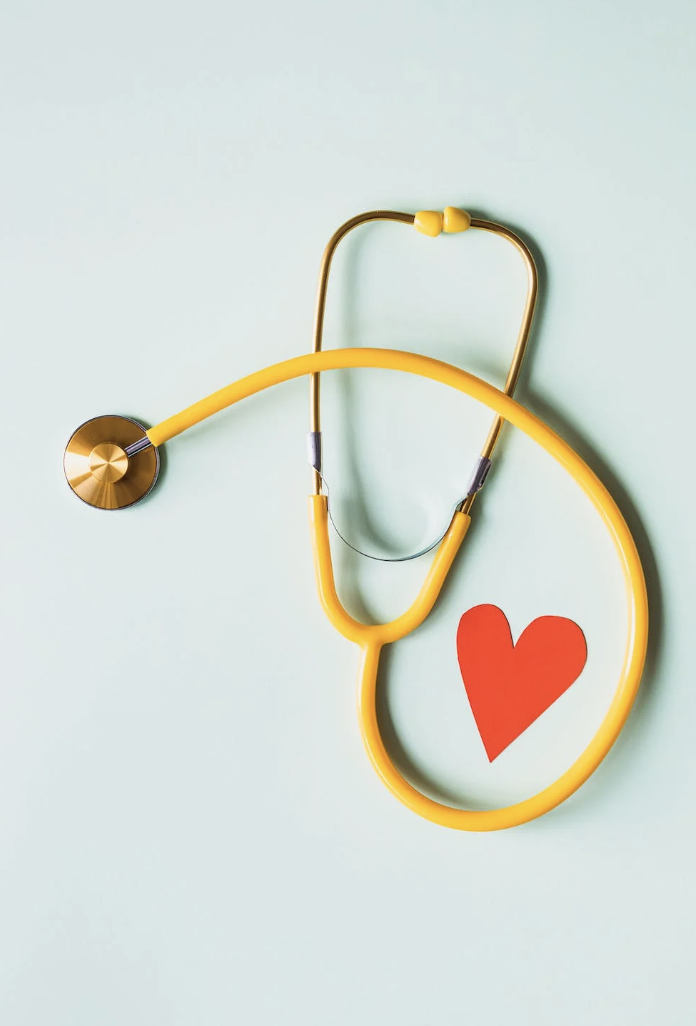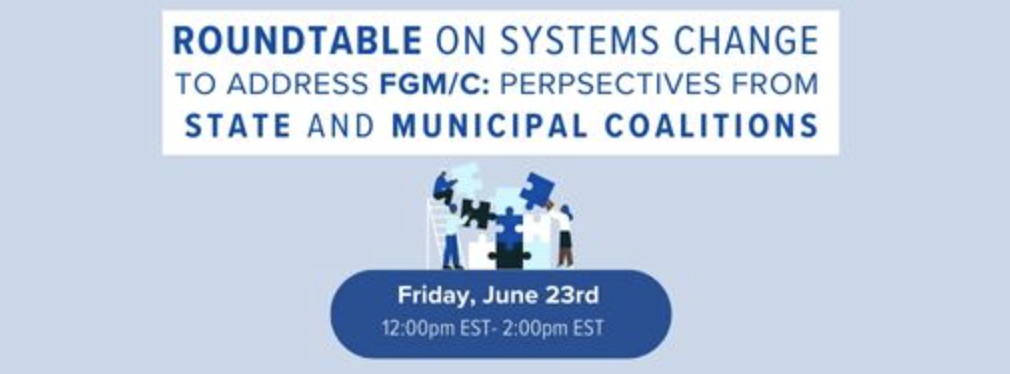From September 15-17th, Sahiyo U.S. will host our 7th Activists Retreat in Atlanta, Georgia. Sahiyo hosts annual Activist Retreats to bring the Bohra community together in a safe space and discuss the issue of khatna (or female genital cutting) in efforts to collaboratively work towards ending it. Since 2018, over 60 people have taken part. Participants of the Retreat are often people speaking out against FGC — who work either publicly or anonymously — to raise community awareness about the need to end this harmful practice. Anyone with a connection to the Bohra community based in the U.S. is welcome to apply!
Apply to the 2023 in-person Activists Retreat here.
Bohra U.S. Activists Retreat 2023
Frequently Asked Questions
- Who is this retreat for?
The Sahiyo Activists Retreat is open to anyone who is connected to the Bohra community and who is interested in ending the practice of khatna and other types of FGM/C. Learn more about what the retreat is all about from past retreat attendees who have written for our blog! Also watch this video.
- I am not an “active” member of the Bohra community, am I still welcome?
Yes! You do not have to be a “card-carrying” member of the Bohra community to attend. Your connection to the Bohra community can be cultural and/or familial.
- I was not subjected to khatna/I was subjected to khatna but I do not recall my experience/I was subjected to khatna but I have had no adverse effects from my experience. Am I still welcome?
Yes! One does not have to be subjected to trauma to have an interest in ending the practice. Everyone has a responsibility to do something and everyone interested in doing something can benefit by meeting with others who want to take action and learn more about what can be done.
- How much does it cost to attend the Retreat?
There are no fees to attend Sahiyo’s Activists Retreat. Travel scholarships are also available to reimburse Retreat attendees for their domestic travel.
- Will I have to get my own hotel and pay for my own food?
Nope! We do not want cost to be a barrier to attending this event and have sought out funding to be able to support all retreat attendees with lodging, travel, and food costs will be covered by Sahiyo. If you have any food restrictions, preferences, or allergies, please do not hesitate to let us know as we get closer to the date of the event!
- Is it possible to attend the Retreat virtually?
While Sahiyo has hosted Virtual Retreats for activists in the past, the September 2023 retreat is intended to be an in-person retreat. We have not hosted an in-person event since 2019, and are looking forward to the connection that can come through gathering in-person. If you are interested in attending virtual retreats in the future, please be on the lookout for future virtual retreat announcements! We would still love to see you in person in September!
- Is it possible to attend the retreat for just a single day?
The purpose of the Activists Retreat is to allow activists to get together over the course of an entire weekend to build community, find support, and plan for future activism to end khatna or FGC. We ask that retreat attendees be able to attend all three days of the retreat in order to participate in all of the events, discussions, and presentations we have planned
- What should I bring to the Activists Retreat?
Bring yourself, a positive attitude, and some space in your suitcase for swag if you’re traveling in to attend!
- What sorts of things will I learn at the Activists Retreat?
A more complete agenda of events will be released to all Retreat Attendees closer to the date of the event. At this time, Retreat Attendees can expect to meet other activists, speak about their experiences as activists, and also learn from guest speakers. We will also have discussions about future activism, community building, and the Sahiyo Activists Toolkit. Learn more about Activists Retreat by visiting our blog and hearing from past participants themselves.
Do you have more questions?
Email us at This email address is being protected from spambots. You need JavaScript enabled to view it. today!






